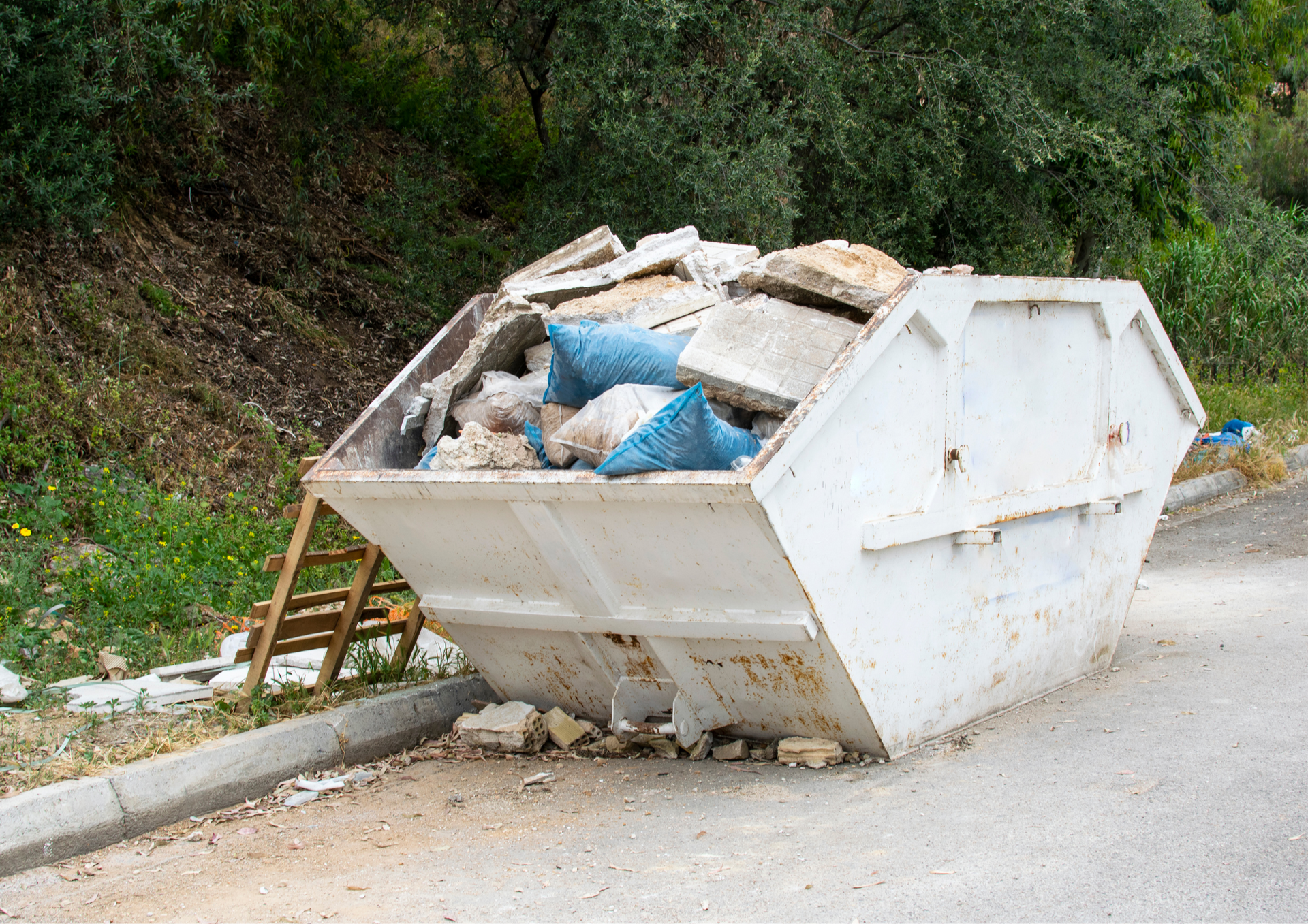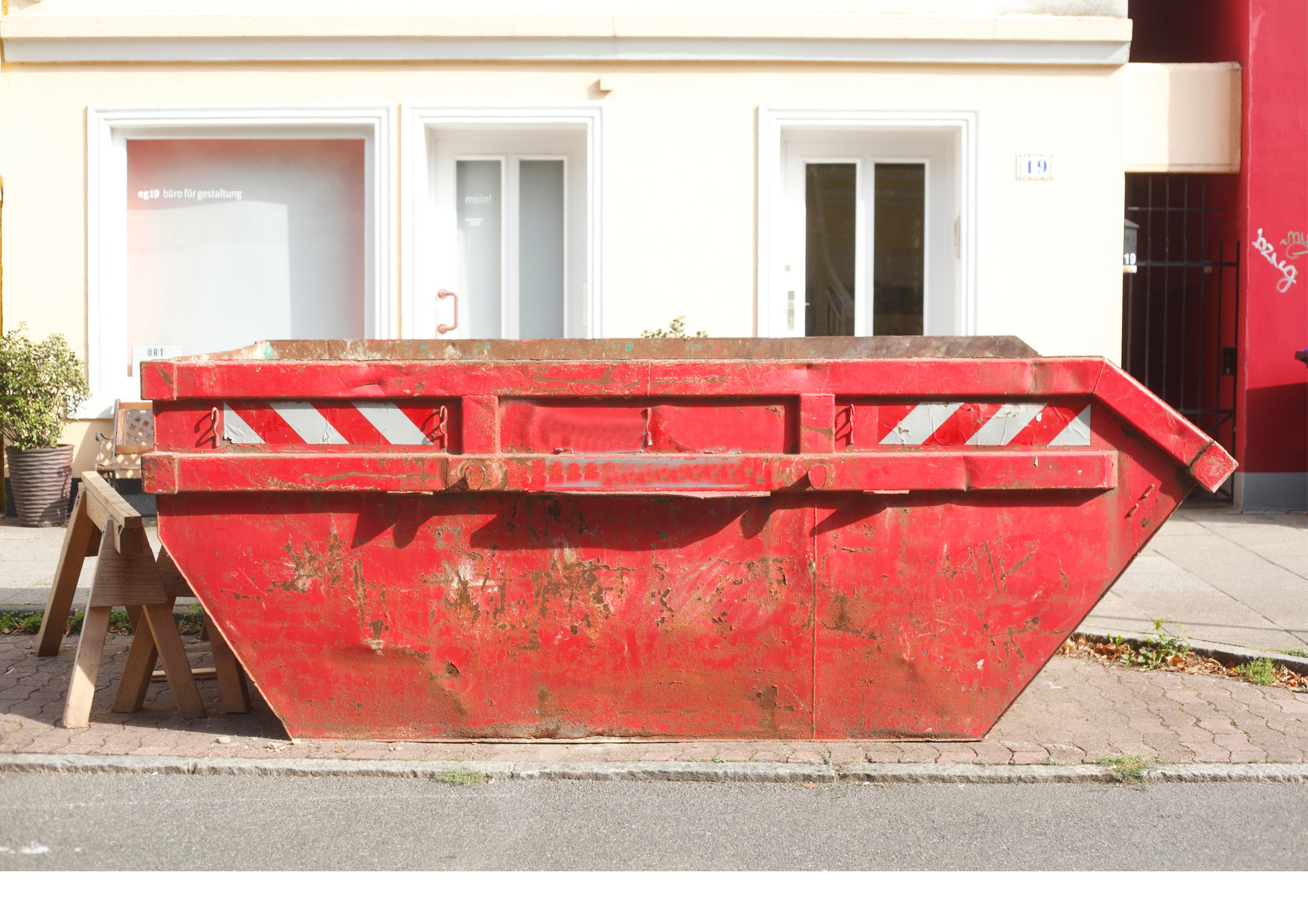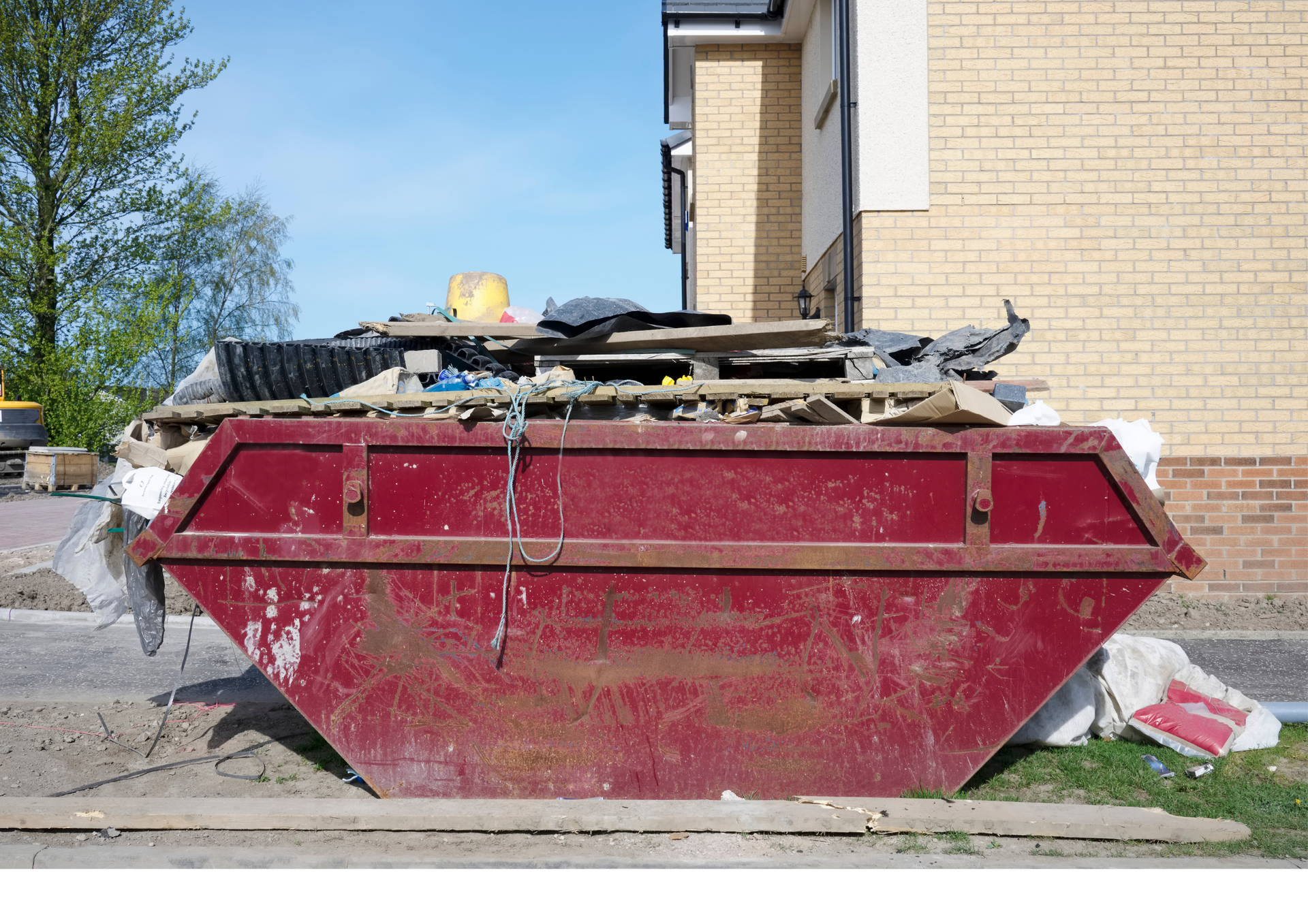Essential Dos and Don’ts When Using Skip Hire for the First Time
Hiring a skip for the first time can feel daunting — but it doesn’t have to be. Whether you’re a homeowner clearing out clutter, a builder managing debris, or a business dealing with renovation waste, understanding the basics of the process can save you time, money, and frustration when arranging skip hire.
This guide breaks down the key dos and don’ts to ensure your experience is smooth, compliant, and efficient.
Do Choose the Right Skip Size for Your Needs
Selecting the correct skip size is one of the most important steps for an efficient and cost-effective waste management process. Here’s what to keep in mind when deciding:
- Avoid underestimating waste: Many first-time users misjudge how much waste they’ll generate.
- Use a trusted skip bin hire service: Choosing the right size through a professional provider helps you avoid extra costs or the need for a second skip.
- Match skip size to project type:
- Mini skips — perfect for small home clean-ups.
- Medium skips — ideal for moderate renovation or garden projects.
- Large industrial skips — best for construction or demolition work.
- Plan realistically: Assess the type and volume of waste before booking. When in doubt, go one size larger.
- Don’t overfill: Keep waste below the fill line to avoid safety issues, penalties, or collection refusals.
- Seek expert advice: A reliable skip hire company can recommend the most suitable skip size for your project’s needs.
Do Understand What You Can and Can’t Put in Skip Bins
A key part of responsible waste management is knowing what materials are permitted. Certain items cannot be disposed of in skip bins, including hazardous waste like batteries, asbestos, paint tins, tyres, or chemicals. These items require special handling due to environmental and health regulations.
For everyday renovation or landscaping projects, typical skip contents include wood, bricks, concrete, soil, metal, and non-hazardous household waste. If you’re unsure about specific items, always ask your skip provider before disposal. Disposing of prohibited materials could lead to extra charges or legal penalties.
By following disposal rules, you’re not only keeping your project compliant but also supporting proper recycling and waste reduction efforts.
Don’t Forget to Check Skip Hire Prices and Permits
Budgeting is an essential part of any project, and understanding skip hire prices beforehand helps you avoid unpleasant surprises. Costs vary depending on skip size, location, rental duration, and the type of waste being disposed of. Always request a transparent quote that includes delivery, collection, and any necessary permits.
If your skip will be placed on public land, such as a road or pavement, a local council permit is typically required. A professional skip company can often arrange this for you. Never assume it’s included — confirm it during booking to prevent fines or delays.
It’s also smart to compare prices and services across providers, but remember: the cheapest option isn’t always the best. Look for reliability, proper licensing, and environmental responsibility when making your choice.
Don’t Overload or Misuse Your Skip
Once your skip arrives, use it wisely. Overloading a skip is one of the most common issues and can be dangerous for both you and the collection team. Always keep waste below the fill line indicated on the container. Heavy or bulky items should be distributed evenly to ensure stability.
If you’re undertaking smaller projects, a skip bag might be a practical alternative. These flexible bags are ideal for limited spaces and light waste, offering convenient collection options. However, larger or mixed-material projects will still benefit from traditional skips.
Never burn waste inside your skip or use it for liquid materials. Not only can this cause damage, but it can also violate safety and environmental regulations. Responsible use ensures that your waste is processed safely and sustainably.
Getting skip right the first time can make a huge difference to the success of your project. By following these simple dos and don’ts — choosing the correct size, understanding what to dispose of, checking costs and permits, and using your skip responsibly — you can avoid common pitfalls and streamline your waste management process.
Whether you’re managing a construction site, renovating your home, or organising a large event, thoughtful skip hire planning ensures your waste disposal remains safe, clean, and fully compliant.
At
Skip Hire Newcastle, we take the stress out of waste management. Our experienced team provides expert advice to help you choose the right skip for your project and ensures compliance with all local regulations. We pride ourselves on delivering prompt, reliable service with transparent pricing and no hidden fees.
Update on X:
Skip hire guide – essential dos and don’ts for first-time users!





